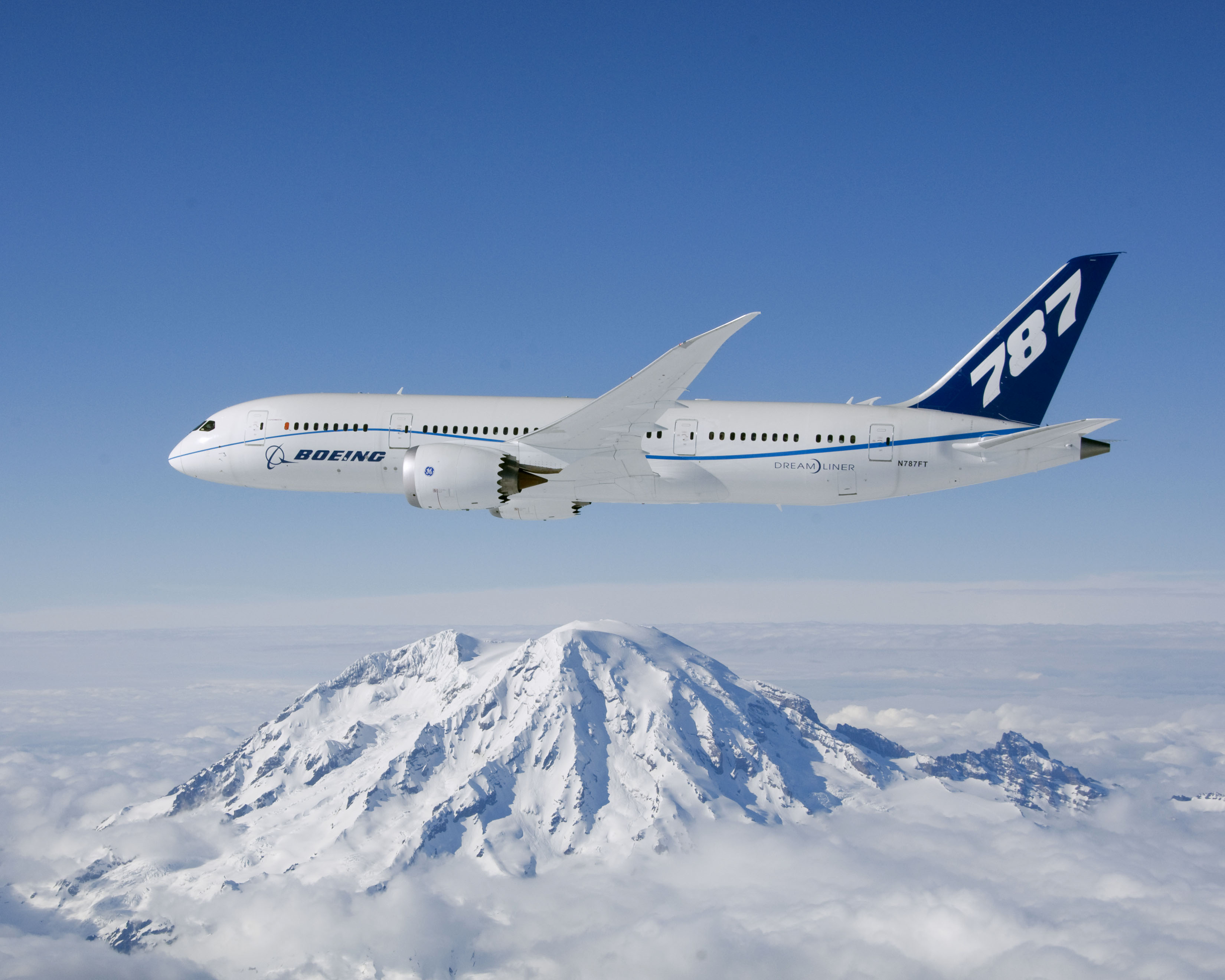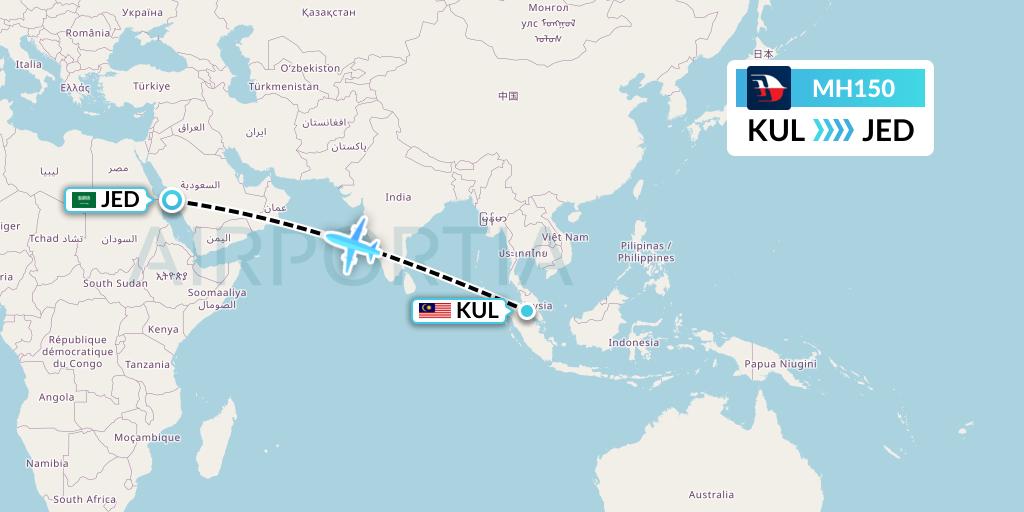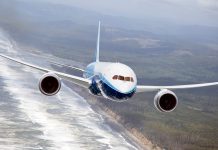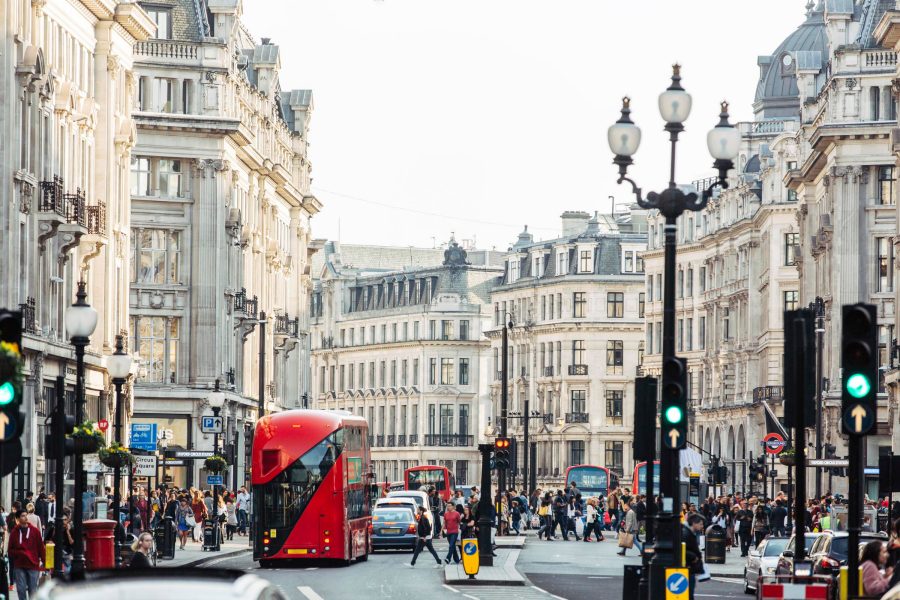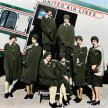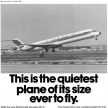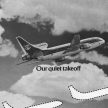Airlines left reeling by unprecedented financial losses during the pandemic have been accused of “profiteering” from a cut in the number of international passengers allowed back into Australia, with claims fares from London to Australia have reached as high as A$38,000.
Australian Federal Health Minister Greg Hunt began the attack responding to the media’s $38,000 fare report, warning airlines carriers against seeking “commercial advantage from difficult circumstances”. Clearly, Mr. Hunt was blindsided by the media fare allegation.
But that argument is as far off the mark as the Australian Government’s vaccine rollout.
The sudden reduction in the international passenger cap from 6070 to 3035 to stem the spread of the highly infectious Delta variant of COVID-19 has resulted in a raft of claims of sky-high airfares fuelled by a misunderstanding of how the reservation systems work.
READ: Qatar Airways increases US services
The economy fare of $38,000 quoted this week in Australia is as wrong as it is absurd and is a computer aberration of Google Flights when it can’t find the usual flight due to a lack of seats on a certain day or week.
In this case, Google Flights constructed an impossible flight over three or four days with five or six airlines with an equally impossible fare.
With the masses of restrictions between countries, a passenger couldn’t actually undertake that journey anyway.
An AirlineRatings.com investigation has found that while airfares are high due to passenger loads as low as 12 passengers on a 365-passenger seat aircraft, the accusations of profiteering are way off the mark.
In fact, most airlines are continuing to keeping services going while losing money to keep faith with passengers, exporters, importers, and governments.
Airlines were savaged by sickening losses of $US126 billion in 2020 and the industry is forecasting a better year this year with a loss of $US47.7b this year.
The International Air Transport Association director-general Willie Walsh has also warned that on top of the 2021 loss, airlines will also burn through $US81b in cash.
Singapore Airlines lost $US3.2 billion and Emirates US$5.5 billion for the FY 21 year to March 31 while Qantas is forecasting a A$2 billion-plus loss for FY21 following its half-year loss of A$1.03 billion.
The reduction in the international passenger caps will just increase the flow of red ink, with some airlines reporting to AirlineRatings.com that the lower caps will mean some flights will carry just five passengers on a 365-seat aircraft going forward.
And it is not as simple as using smaller aircraft as they don’t have the range to reach Australia from the middle east or the US.
Certainly, fares are higher than pre-COVID due to the restrictive caps, which means airlines are forced to charge more to minimize losses and restrict economy sales.
This has caused heartache and deep distress for the 34,000 stranded Australians accustomed to economy fares as low as A$1,200 return from Perth to London.
However, an online search shows on Thursday, November 11, Qatar Airways has a one-way economy fare of £1360 (A$2521) and business class of £4169 from London to Perth, Australia.

Singapore Airlines has economy seats from early November to Australia from the UK at between £1376 (A$2548) and £2244.
While the Government supports the Qantas repatriation flights, those cover just a fraction of those desperate to come home.
Airlines such as Qatar Airways, Singapore Airlines, and Emirates get no such assistance for passengers and must balance supporting the market, both passenger and cargo, they have worked hard for years to build up with huge losses. Either way, they lose.
Qatar Airways for instance has continued to service Australia right through the pandemic when many other airlines, including Qantas, ceased international operations.
Since the start of the pandemic on March 1, 2020, Qatar Airways has repatriated 331,000 Australians and international travelers.
This week, the Board of Airlines Representatives asked the Federal Government if it would help international carriers by waiving its air navigation charge of $7000 a flight into Australia. That request was rejected.
With the reduced caps, airlines will cut back services and this will impact exporters who rely almost completely on the passenger aircraft to fly their cargoes to international markets.
What is needed is a government that is more willing to work with the industry to find solutions, rather than blaming the airlines for the problems it has created.


